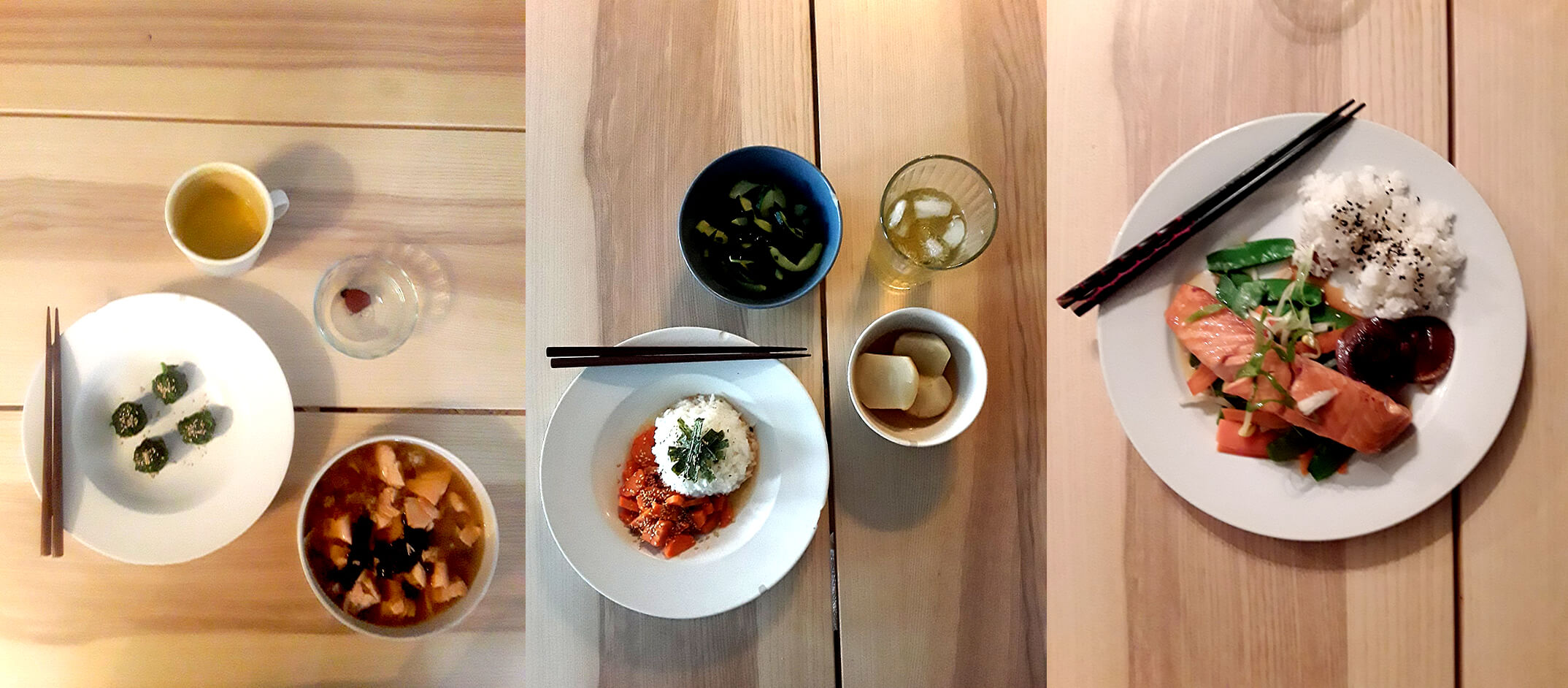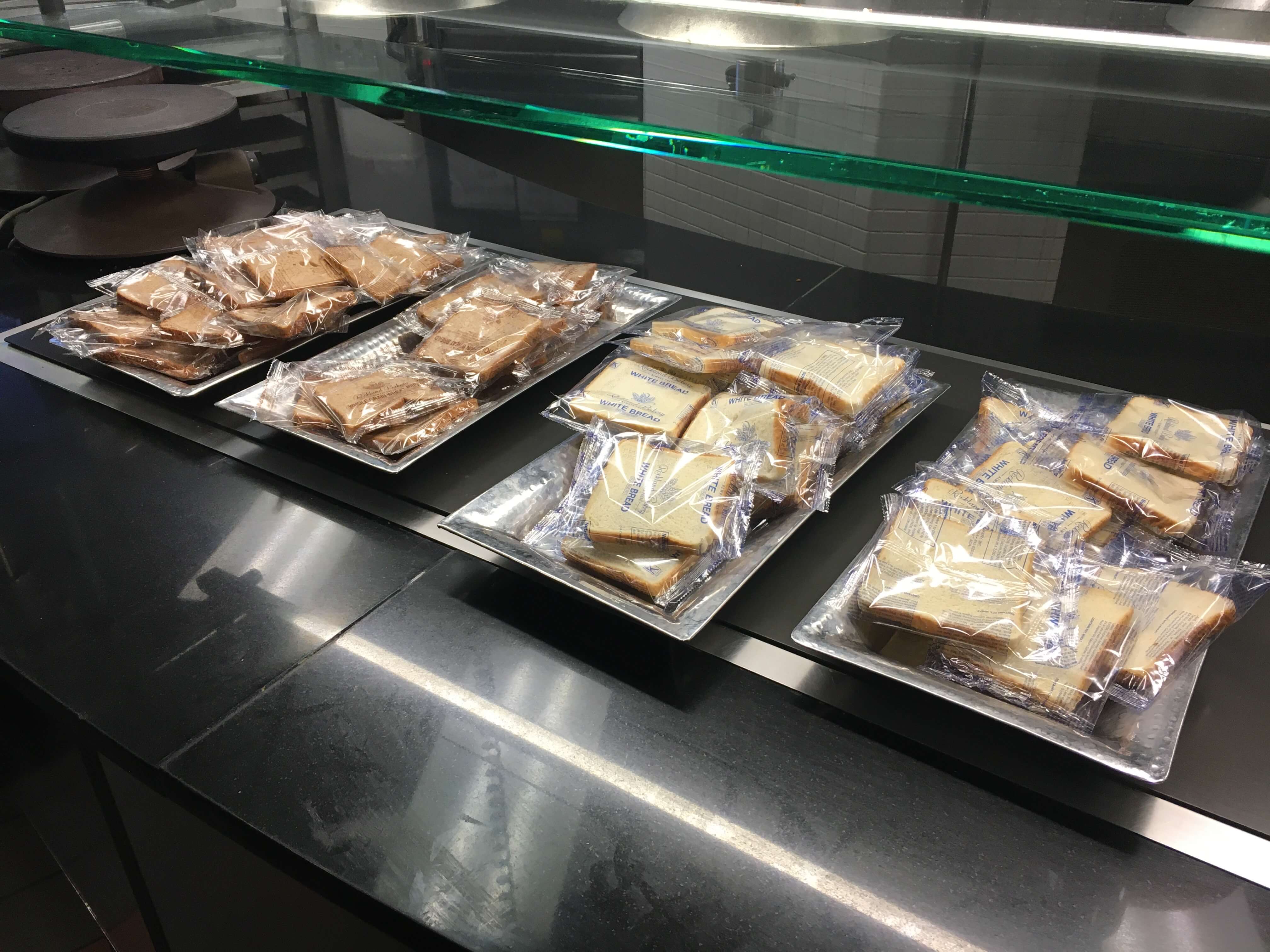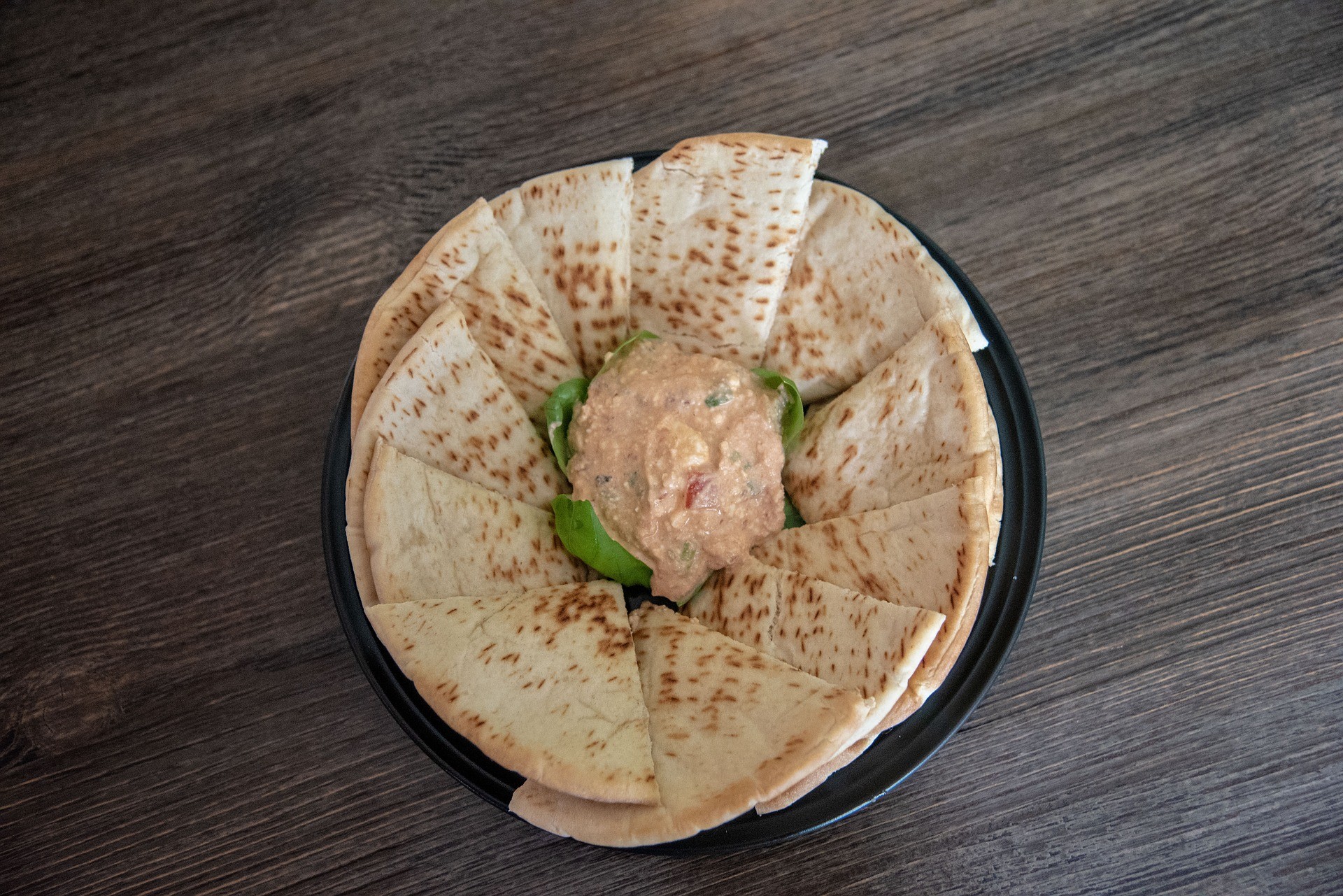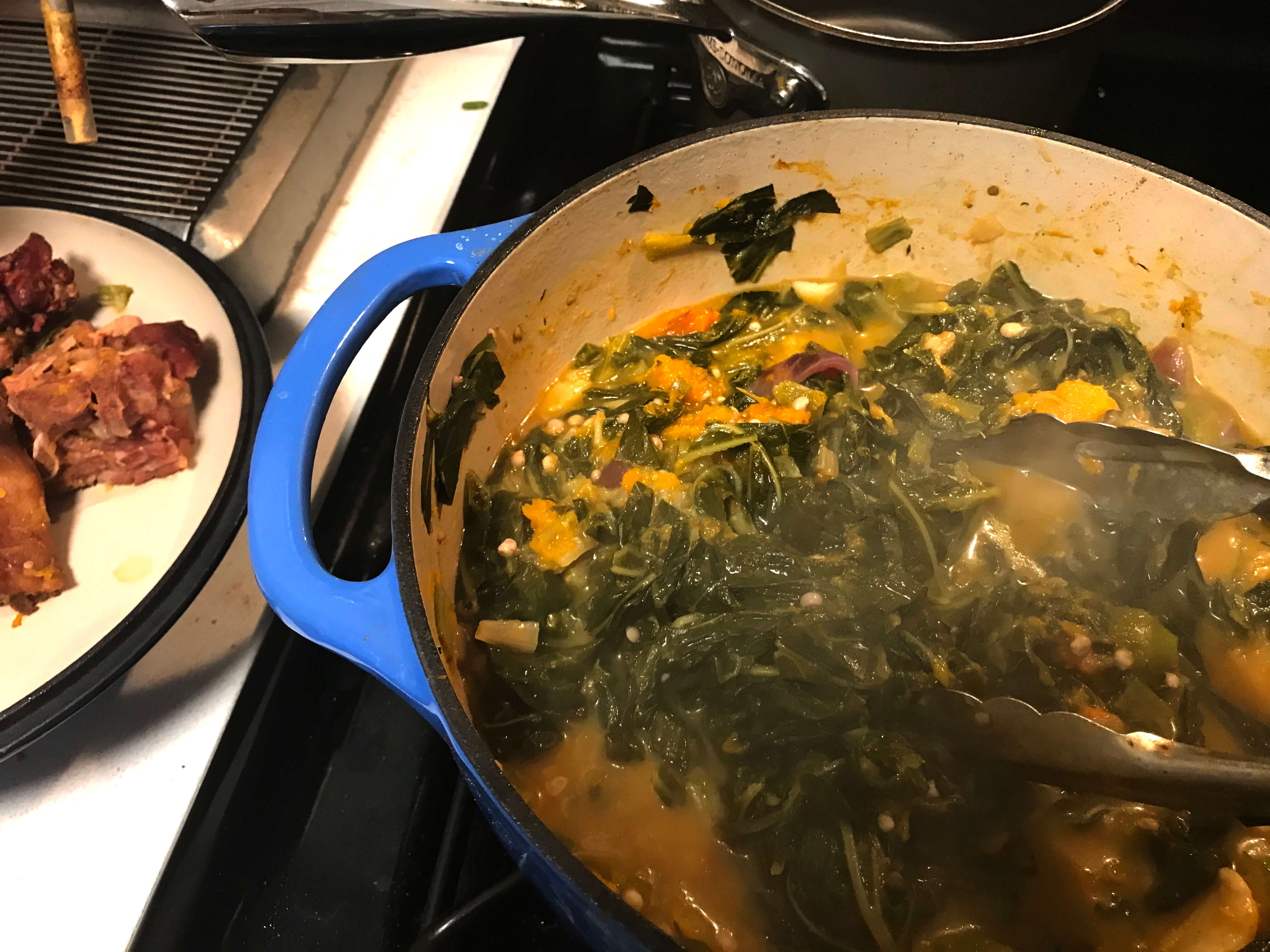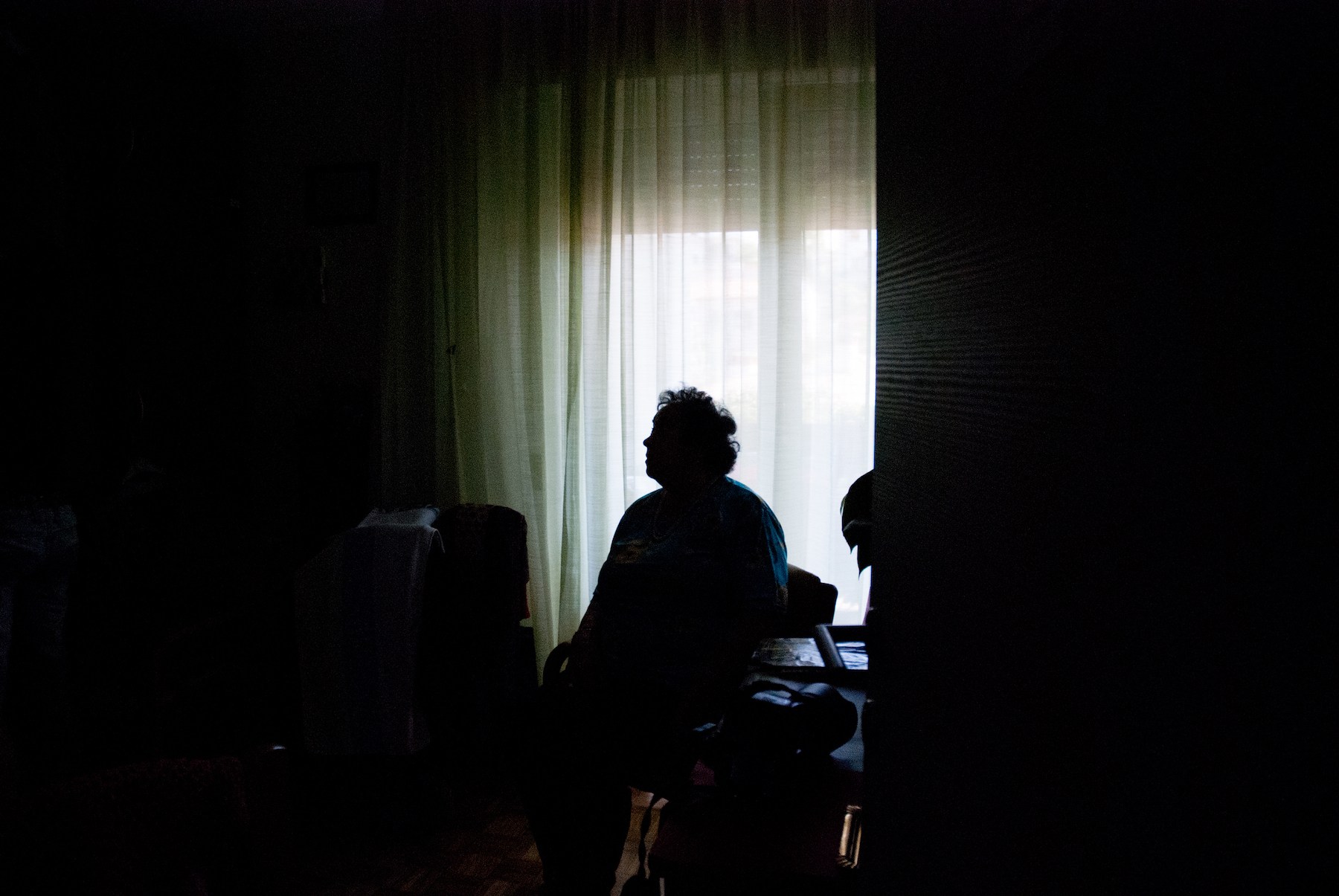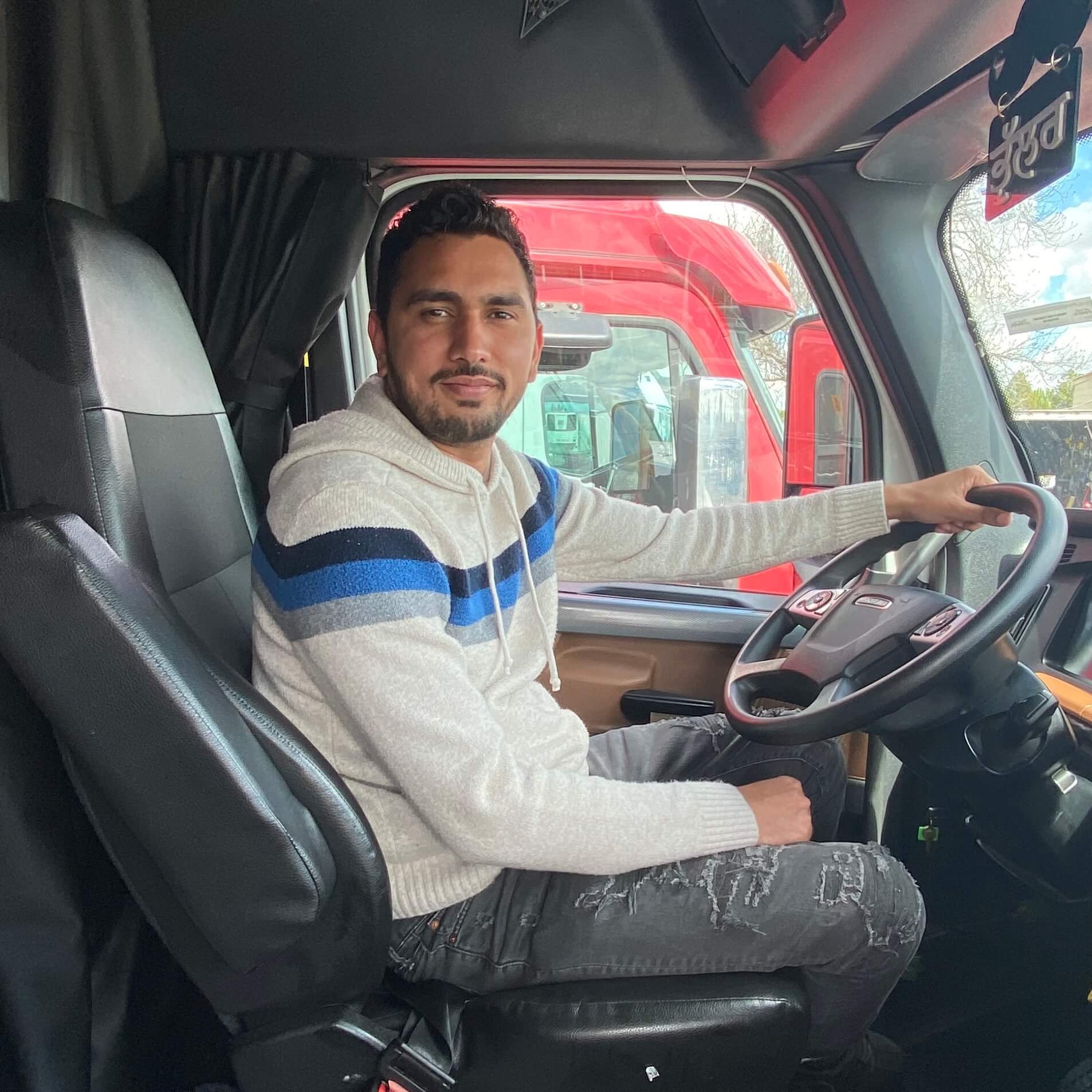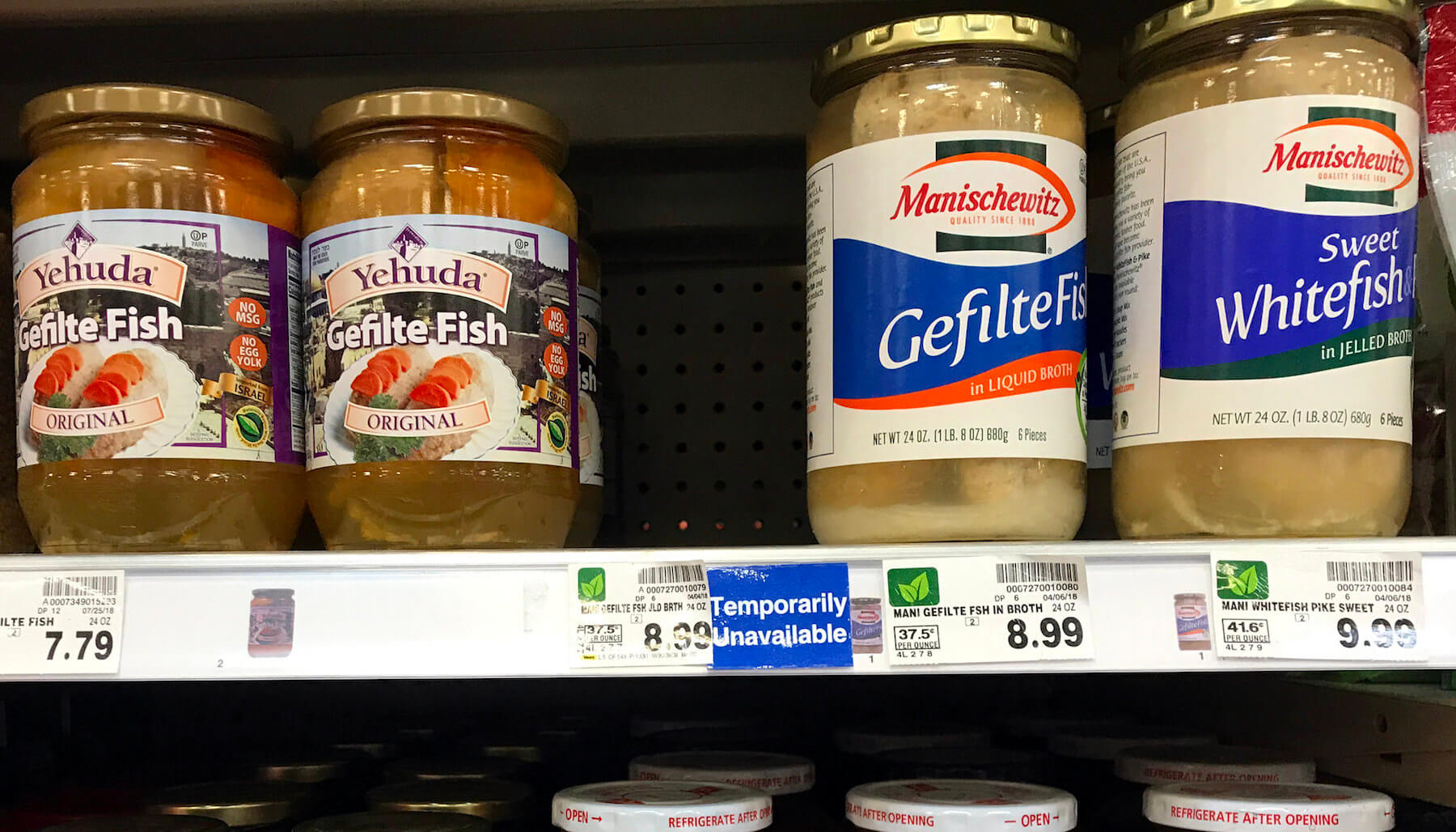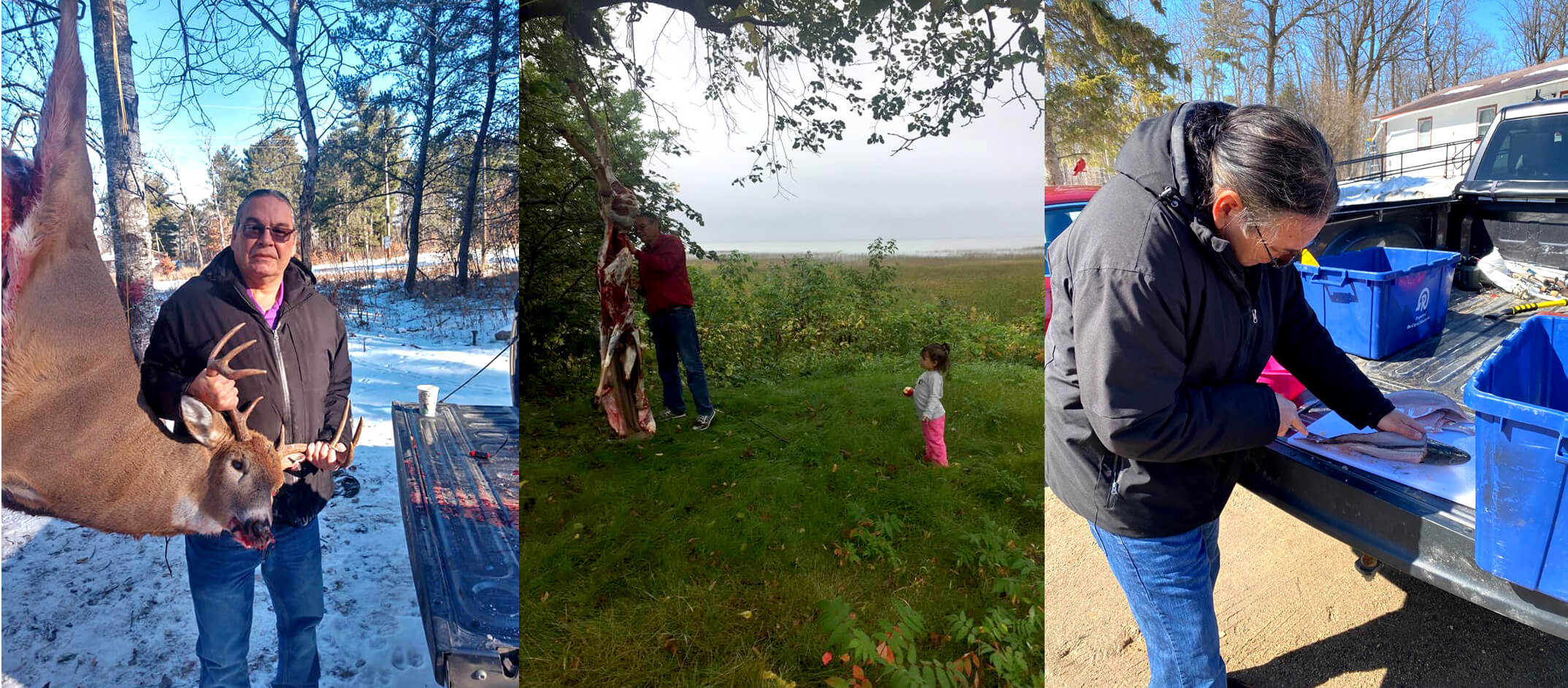
Covid-19 poses an extreme risk to the people I love most. We’re too afraid to go to the local store—but there are other options.
Above, the author’s grandpa, a resident of the Red Lake Nation, butchers a deer and prepares fresh-caught fish.
Red Lake has always been my home. It’s a closed Ojibwe reservation nestled deep in northern Minnesota. Since the Covid-19 crisis began, life has changed a lot here. A shelter-in-place order and pressure to socially distance has kept many families in their homes—including mine. Usually a bustling, tight-knit community, Red Lake now feels deserted.
I live in a small house in the woods with a family friend, my single mom, three cats, and three dogs. We live a short walk from my grandparents and one of my cousins. We don’t risk visiting each other, except through video chat, but sometimes we wave through our windows. A couple days ago, my grandpa made banana bread and my grandma left it on our doorstep.
There are confirmed cases in Bemidji, Minnesota, the nearest town, a 45-minute drive away. I’ve heard the prices of groceries and necessities there are skyrocketing. I hope we never need to make the trip. My mom has an undiagnosed respiratory condition. She spent the winter in and out of flare-ups resembling bronchitis. My grandparents are both in their 60s. My grandpa has hypertension and my grandma has severe asthma. Covid-19 poses an extreme risk to the people I love most.
We don’t have to worry about going hungry. Our traditional foods can help to fill the gaps.
For now, we try not to go anywhere—even the Red Lake Trading Post, the only store we dare to visit for supplies.
As our supply of basic food items begins to dwindle, we’re forced to think about what this might look like long-term. Do we have to risk our lives every time we need more? Should we be skipping meals? How do we protect ourselves from both hunger and exposure?
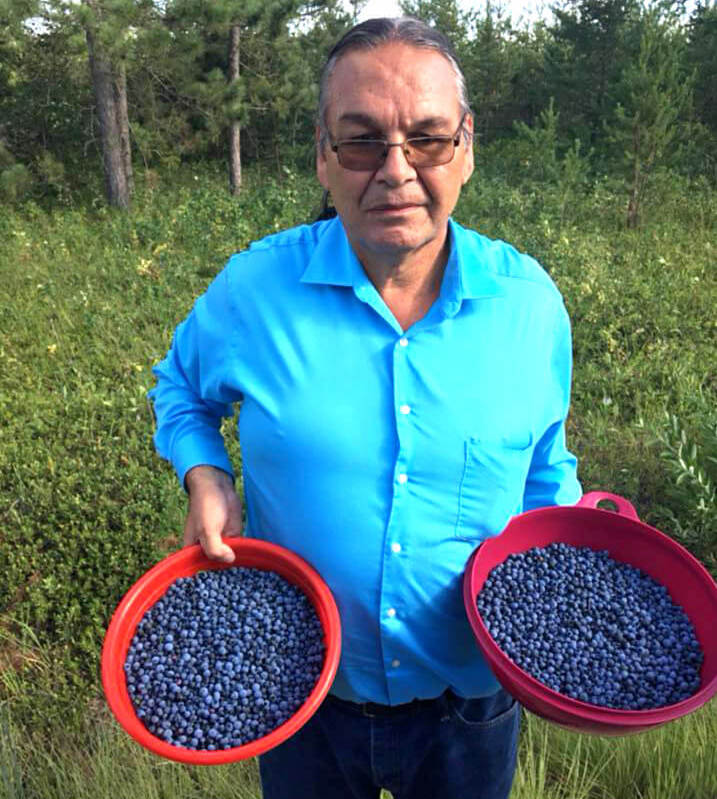
Elizabeth S. Barrett
Barrett’s grandpa poses with two freshly picked bowls of blueberries.
My grandpa, set in his ways and committed to tradition, has already begun looking for other ways to bring food home. Last week, my mom and I spent a whole day panicking because his truck wasn’t in the driveway. He came home that evening with a cooler full of fish—he’d been out on the lake. In storage, we have hundreds of pounds of wild rice from ricing season last year. We have frozen blueberries from last summer. In the freezer, there’s still frozen venison from last hunting season. We can set rabbit snares. We can hunt partridges, We can harvest morel mushrooms. We can find wild onions and collect tree sap.
We’re not truly going to “live off the land.” Very occasionally, one of us is going to have to make that trip to the store and bring home things like canned tomatoes and taco seasoning. Still, our traditional foods can help to fill the gaps. We don’t have to worry about going hungry. Now is the time to turn inward, back to our traditions. That’s how my family is going to get through this.
